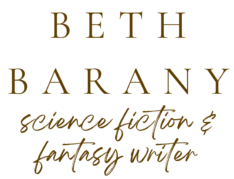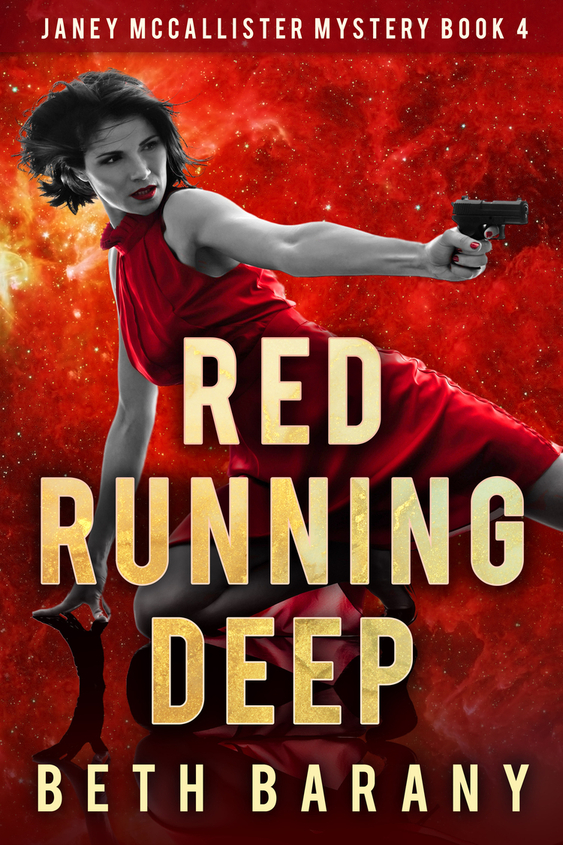Enjoy this guest post by writer and science fiction author, Emma Larkins on how flaws reveal a heroine’s strength.
***
As writers, we often fall prey to a desire to make things larger than life. It’s a good impulse – after all, what is fiction if not more-or-less exaggerated truth? Still, while we quest to discover greatness, it’s important to remember that “better” heroines aren’t always better.
Here’s an exploration of a character trope to help explain why.
Chances are good that you’ve come across mention of “Mary Sue” at some point, especially if you tend to dip into the world of fan-fiction. If not, here’s a basic overview: Mary Sue was a character in a 1970s fan-fiction spoof. Her characterization made fun of the current practice of inserting a flawless, impossibly young and wonderful-in-every way heroine into Star Trek fan fics; the practice was widely viewed as a way for people to insert perfected versions of themselves into the fictional universe.
(Check out TV Tropes http://tvtropes.org/pmwiki/pmwiki.php/Main/MarySue for more information, in addition to great resources for disambiguating the many faces of Sue).
But Wait; Isn’t My Heroine Supposed To Be the Best?
Some might think that the fewer faults a heroine has, the stronger she appears. Obviously, a laser-gun-toting, roundhouse-kick-delivering, gorgeous, six-foot-tall Amazon fluent in every alien language ever discovered (and a few that aren’t even known yet) is the pinnacle of kick-ass, right?
The things is, strength isn’t measured objectively based on the number of ways a character can kill the bad guys, the suitors who swoon at her feet, or the rivals she reduces to fits of jealousy. Instead, we perceive strength when we see that a heroine – or a person, for that matter – manages to overcome hardships through effort and determination. Giving a character flaws humanizes her. It lets us access the core of her soul in a truly understanding and empathetic way.
Are Goddess-Like Heroines Really a Big Deal?
Overpowered heroines aren’t just a problem to the stories that revolve around them. In fact, they’re almost as detrimental to the characterization of women in fiction as the omnipresent “damsel in distress.” When we indulge in either of these one-dimensional tropes, we’re not creating role models (or cautionary tales). Instead, we’re trivializing what it means for a person to really succeed or fail, to truly tap into inner strength or unwittingly give that strength away. We’re “taking it easy,” and giving up true meaning in return.
How to Make Your Heroines Human
In my upcoming novel, Mechalarum, Kiellen has more than enough flaws to make her believable. She has a history of bucking authority, and frequently refuses to follow rules, or even the better judgment of her friends. Many heroines display this trait, but what makes it a flaw in my story is that Kiellen suffers consequences because of this attribute. My fictional universe doesn’t let her get away with flouting tradition unscathed. First, she gets kicked out of the famed ranks of the Mechalarum pilots. Then, her actions put her entire society at risk – and she pays the price for it, ending up in a crippled flying suit alone in the middle of a desert.
Another flaw that writers often tap into is relationship inexperience. In Kiellen’s case, her obsession with taking control of situations, combined with a well-hidden fear of rejection, leads to a series of betrayals and bungled romances.
And, most importantly of all, she puts her very life at risk by clinging to the power and control that the half-organic, half-machine Mechalarum suit gives to her – even as it corrupts her body from the outside in. She gets sick. She grows weak. And she refuses to see the error of her ways.
Every heroine needs to display capability and competency in some way. After all, if she’s completely inept, she’s not going to be able to do much to fix whatever mess she’s gotten herself into. Still, it’s the overcoming of obstacles, not the actual strengths themselves, that make for a memorable heroine and a rich story.
***
Bio
 Emma Larkins, a freelance writer, recently embraced the bright lights of NYC. She’s running a Kickstarter to publish her first science fiction novel, Mechalarum http://www.kickstarter.com/projects/emmalarkins/mechalarum-a-science-fiction-novel, and using her learning to help Knodes (http://knod.es/) develop products in the crowdfunding space. Check out her website http://www.emmalarkins.com/ or follow her on Twitter https://twitter.com/emmalarkins
Emma Larkins, a freelance writer, recently embraced the bright lights of NYC. She’s running a Kickstarter to publish her first science fiction novel, Mechalarum http://www.kickstarter.com/projects/emmalarkins/mechalarum-a-science-fiction-novel, and using her learning to help Knodes (http://knod.es/) develop products in the crowdfunding space. Check out her website http://www.emmalarkins.com/ or follow her on Twitter https://twitter.com/emmalarkins




Thanks for hosting my article, Beth! If anyone has questions or thoughts, feel free to share 🙂